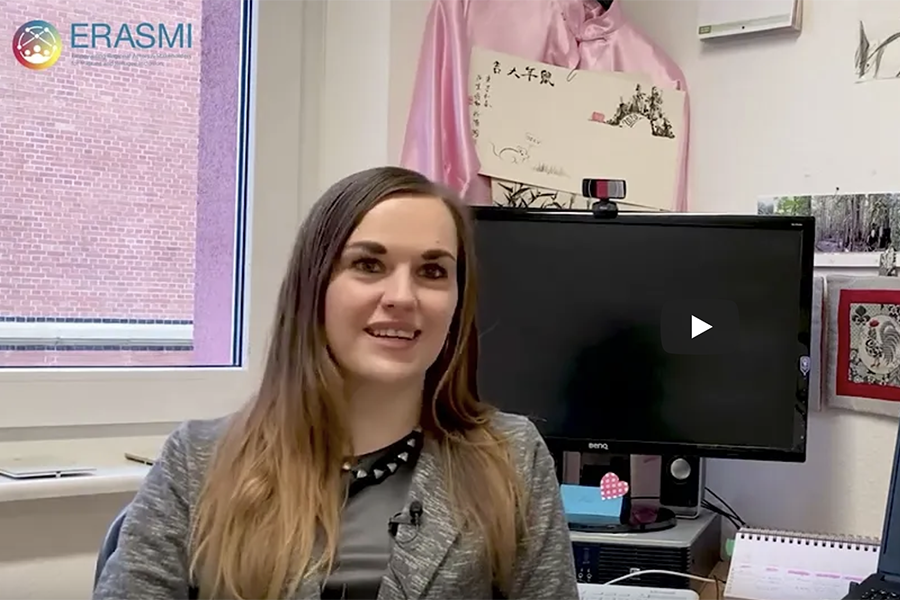Commission’s actions for supporting countries receiving Ukrainian refugees
The European Commission presented on Wednesday (23 March) its actions to support member states in meeting the needs of those fleeing war in Ukraine.
Across multiple areas, including education, health, jobs, and human rights, the Commission has rolled out various plans and measures to assist the millions of Ukrainians that have entered the EU following Russia’s invasion.
“The EU’s welcome is epitomised by the activation of the temporary protection directive,” said Vice-President of the Commission in charge of Promoting our European Way of Life, Margaritis Schinas.
He added that this gave refugees fleeing war in Ukraine “immediate and unconditional access, and the security status to medical care, schools, jobs, and housing, all pillars of our European way of life”.
Additionally, a solidarity platform was established in which, according to Home Affairs Commissioner Ylva Johansson, “member states exchange their capacities, their problems, their challenges and help each other”.
Education first
Education was presented as “the most important urgent and concrete task ahead of us” by Schinas during the announcement.
Dubravka Šuica, Vice-President of the Commission in charge of Democracy and Demography, also highlighted that the Commission “will support our member states to ensure that children return as quickly as possible to school and kindergarten”.
The Commission is mobilising cohesion funds to support integration into education and developing policy guidelines for member states.
Meanwhile, school education gateways to house and disseminate Ukrainian educational material into EU’s education systems will also be used.
EU ministers activated temporary protection directive for Ukrainians
EU ministers unanimously agreed to offer temporary protection to refugees fleeing Ukraine during a meeting on Thursday (4 March), as a million have left the country.
Šuica continued that European Union funding is also available “to support inclusion, foster care, psychosocial support and counselling” for children and young people.
“Member States’ national offices for children, child protection services and ombudsman for children will have a key role to play,” she said, adding that national coordinators set up under the child guarantee are operational to provide children in need with access to basic services.
Next week, Šuica is to launch the European Union network for children’s rights, “which will help strengthen coordination among key child rights actors and help us identify further needs”.
For children who are unaccompanied, orphaned or separated from their parents, including those with disabilities, procedures to ensure that children do not end up in abusive households “are underway”.
Additionally, the Commission is preparing dedicated standard operational procedures for transfers of unaccompanied minors.




